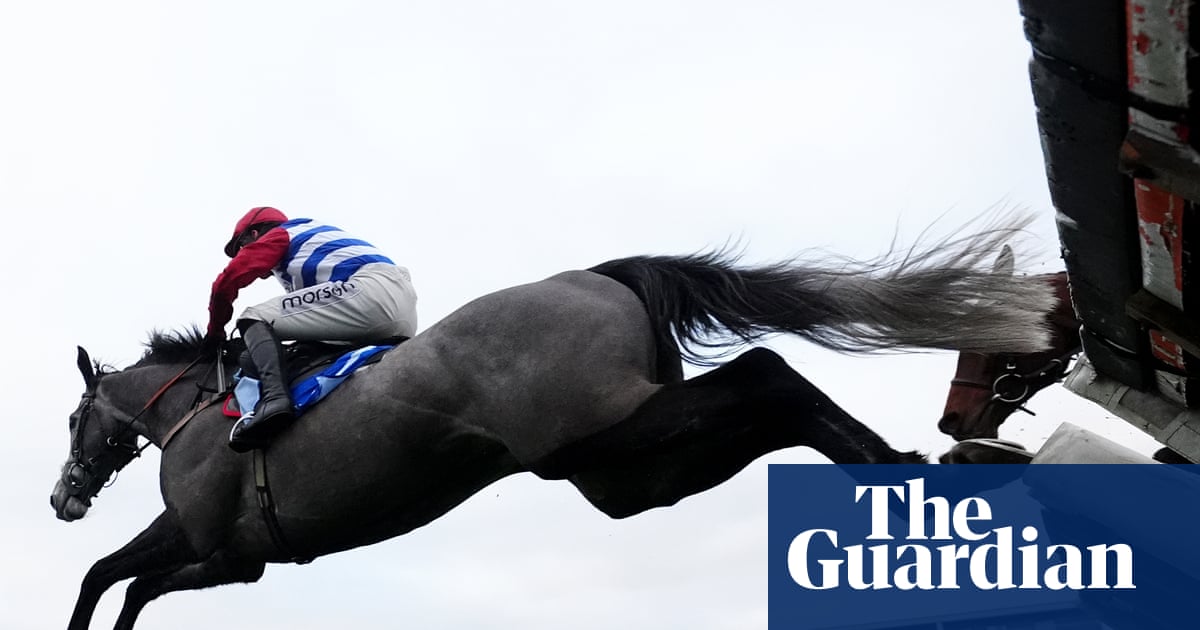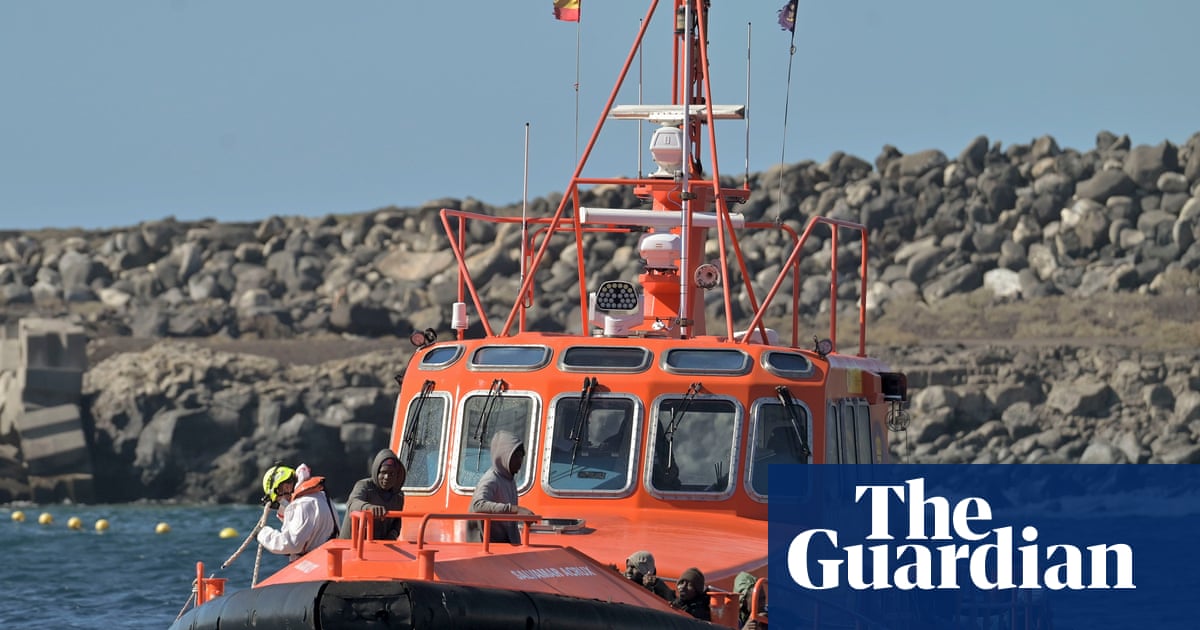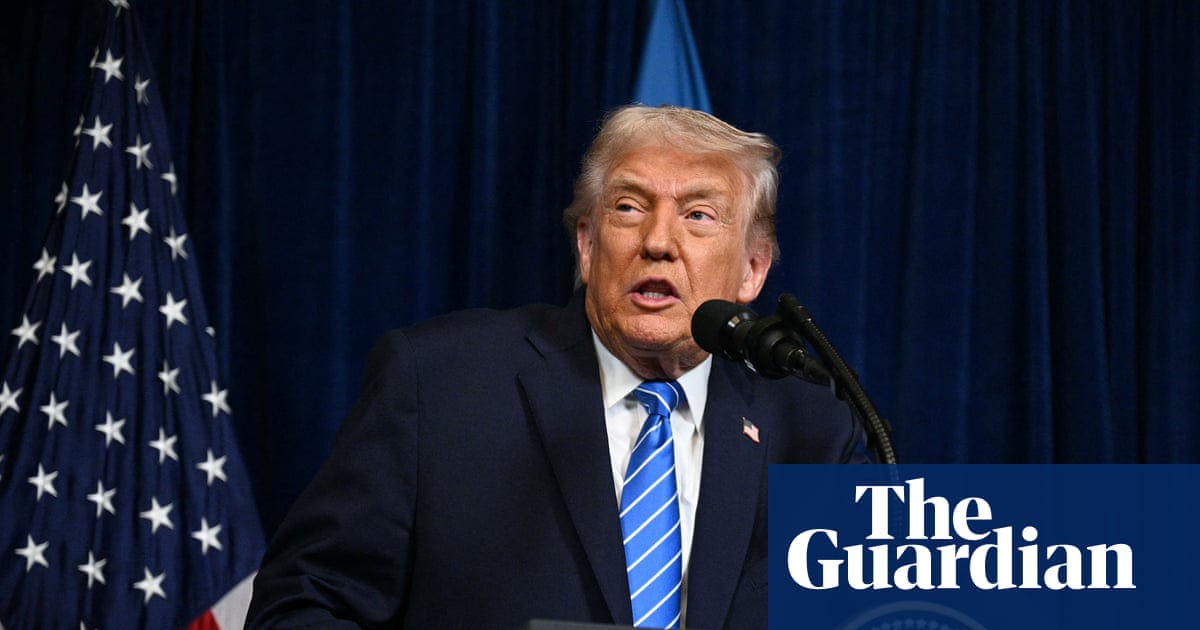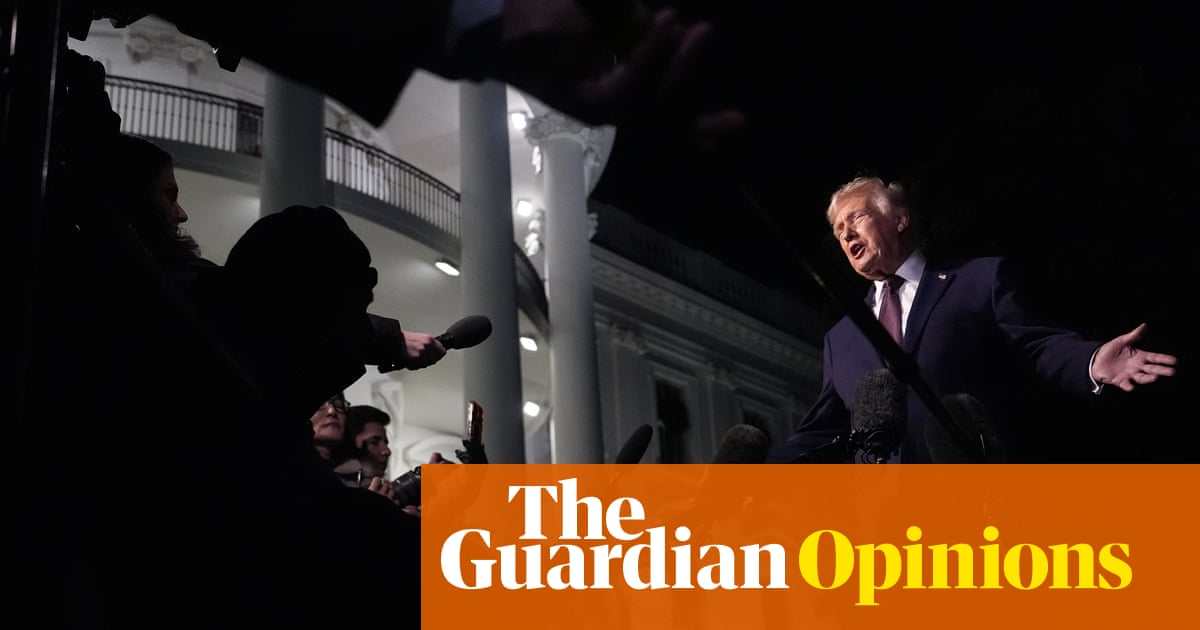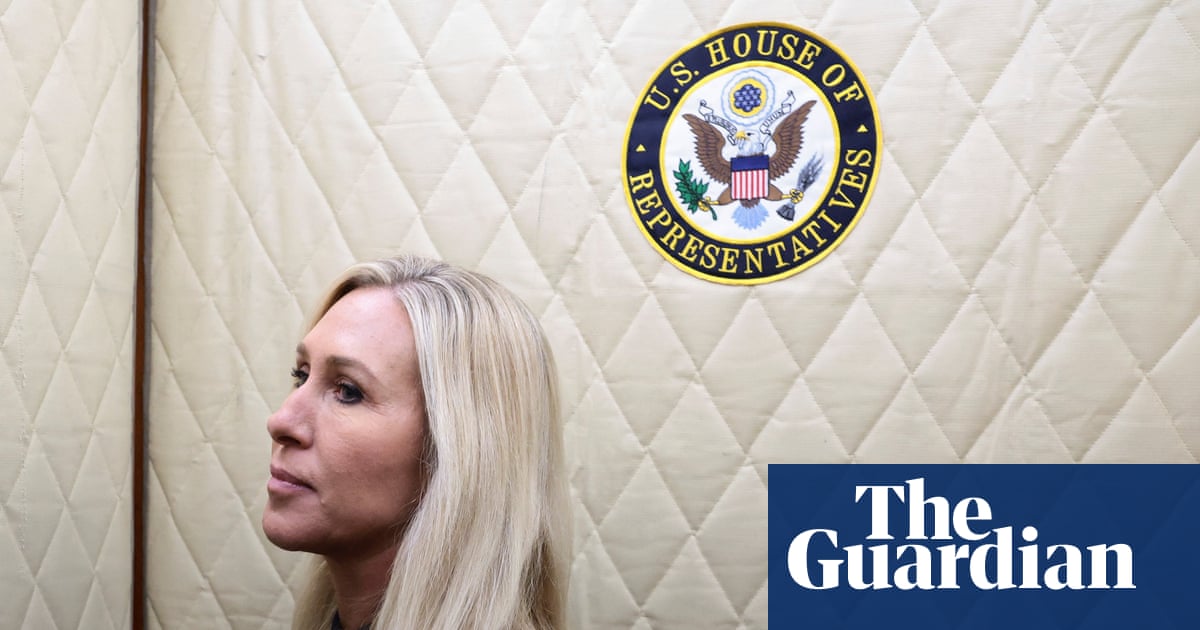-
One or more large fires erupted early on Saturday at Russia’s Saratov oil refinery as it was hit heavily by Ukrainian drones that attacked the target deep inside Russian territory for at least the second time in a week. Videos vetted and posted by online analysts showed incoming UAVs followed by big explosions and flames rising from the site while air raid sirens blared. The major refinery is nearly 600km (370 miles) east of the frontline in Ukraine. The Russian governor in the area, Roman Busargin, confirmed an attack by UAVs.
-
Ukrainian troops pressed on with a frontline counteroffensive around two eastern cities on Friday with Volodymyr Zelenskyy saying heavy losses were being inflicted on Russian forces. The counteroffensive had disrupted Russian plans in their longstanding objective of seizing the logistics centre of Pokrovsk, said Ukraine’s president. Russia said its forces captured two new villages – Muravka outside Pokrovsk and Novoivanivka further in the Zaporizhzhia region – but its defence ministry made no reference to the Ukrainian drive near the towns of Pokrovsk and Dobropillia.
-
The general staff of Ukraine’s military listed Muravka among settlements where its forces had halted 87 attacks near Pokrovsk. Zelenskyy also said Ukrainian forces were holding their positions around Kupiansk – an area of Ukraine’s north-eastern Kharkiv region that has been subject to Russian assaults for months. It comes after Zelenskyy on Thursday said Ukrainian forces had recaptured seven settlements and 160 sq km (62 sq miles) around Pokrovsk and Dobropillia since the operation began, and that another nine settlements had been “cleared” of enemy forces. The Reuters news agency carried both sides’ claims, saying it could not independently verify them.
-
The outgoing head of MI6 issued a damning indictment of Russia’s invasion of Ukraine, saying that Vladimir Putin has “bitten off more than he can chew”. Ruth Michaelson reports from Istanbul where Richard Moore, known within MI6 as C, gave a farewell speech noting Russian victories on the battlefield remained incremental and incurred massive costs as the Russian president’s army fell far short of its original aims to swiftly capture all of Ukraine. The rising costs now included more than a million casualties – a quarter of them “poorly trained troops from Russia’s poorest regions” that were “fed into the meat grinder”, Moore said.
-
Nato intercepted three Russian MiG-31 fighter jets that violated Estonia’s airspace over the Baltic Sea in a 12-minute incursion, calling it proof of Moscow’s “reckless” behaviour, write Jon Henley and Jakub Krupa. Talinn summoned the Russian envoy to protest. The Estonian defence forces said the MiG-31s were intercepted on Friday morning by Italian F-35 fighter jets based in Ämari in Estonia. The Russian fighters entered Estonian airspace near Vaindloo island in the Gulf of Finland – without flight plans, transponders or notification of air traffic control. Russia denied any incursion. Of the incident, Donald Trump said: “I don’t love it. I don’t like when that happens. Could be big trouble. I’ll let you know later.” EU leaders will discuss their “collective response” to Russia’s violations of European airspace at a meeting in Copenhagen on 1 October, said the European Council president, António Costa.
-
The EU proposed on Friday to bring forward by a year to January 2027 a total ban on Russian natural gas imports as part of its 19th package of sanctions targeting Moscow. The European Commission chief, Ursula von der Leyen, said “it is time to turn off the tap” of fossil fuel revenue to the Kremlin. The EU has already banned most Russian oil, slashing imports from 29% in early 2021 to 2% by mid-2025. Only Hungary and Slovakia, whose prime ministers are friendly to Moscow and Trump, still buy Russian oil. While pressing Europe to stop importing Russian oil and punish others who do, the US president has taken no action himself – other than waging a tariff war on India ostensibly because of its imports of cheap Russian oil, but also likely connected to a personal grudge against the Indian PM, Narendra Modi.
-
Von der Leyen said that with the latest sanctions, the EU was “going after those who fuel Russia’s war by buying oil in breach of the sanctions”. “We target refineries, oil traders, petrochemical companies in third countries, including China,” she said. Brussels also intends to hit crypto platforms and the credit card system Mir, set up by Russia to avoid reliance on US-based networks, said von der Leyen and the EU’s top diplomat, Kaja Kallas. The package also seeks to blacklist 118 more vessels in the “shadow fleet” of ageing tankers used by Russia to circumvent oil export curbs, and 45 firms accused of supporting the Russian military-industrial complex. Entities from Russia, China and India would face export bans and tighter controls, Kallas said.
-
A group of Republican and Democratic US senators introduced legislation on Friday that would expand sanctions against Russian energy, specifically by targeting the “shadow fleet” of oil tankers. The Sanctioning Harbors and Dodgers of Western Sanctions (Shadow) bill has dubious prospects: bipartisan senators have been begging Trump and congressional leaders for months to pass another widely supported bill that would introduce big penalties against Russia and its fossil fuels customers. Different groups of senators also introduced separate bills on Friday seeking to boost security in the east of Europe and use frozen Russian assets to help Ukraine.

 3 months ago
50
3 months ago
50











